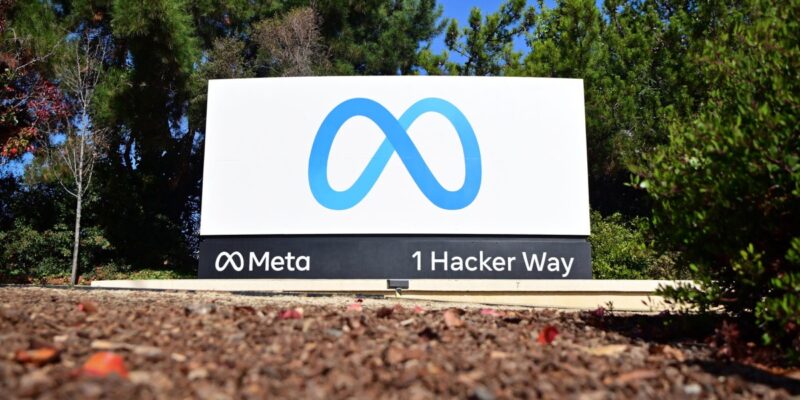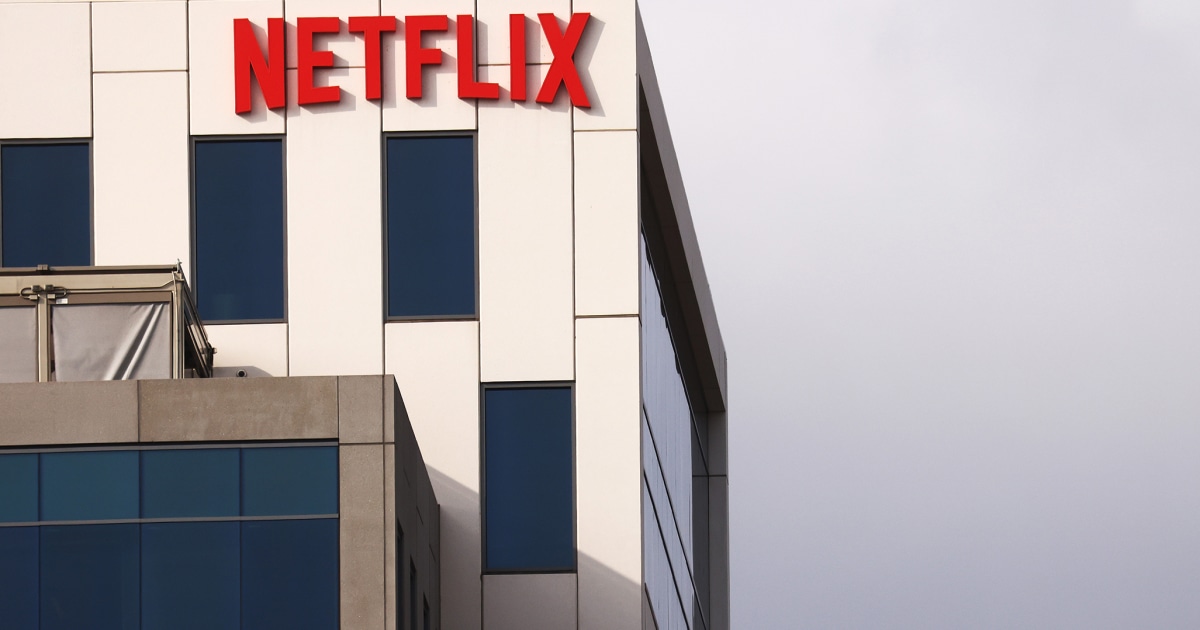
Meta CEO Mark Zuckerberg has dramatically steered the company to the right ahead of the inauguration of President-Elect Donald Trump with a series of policy and practice changes in the last week that have left some employees, users and interest groups up in arms.
Zuckerberg said some of the changes to Meta’s fact-checking and moderation systems were meant to curb censorship and protect free speech on its platforms, including Instagram and Facebook, but the scale of the changes goes far beyond social media moderation, reportedly touching on Meta’s internal policies around its bathrooms and its board and on optional aesthetic theming it previously deployed on one of its platforms to celebrate trans people.
These are all of the changes Meta has rolled out in the last week.
Community Notes instead of third-party fact-checkers
Last Tuesday, Meta announced it was scrapping its old fact-checking system and replacing it with a system similar to X’s Community Notes that will be rolled out in the next couple of months, starting in the United States.
Meta’s fact-checking system, which was introduced in 2016, worked by running some information on its platforms by certified third-party fact-checkers who would identify posts that appeared to be misinformation. However, Zuckerberg said, the fact-checkers were “too politically biased and have destroyed more trust than they created.”
Under the new Community Notes system, users will be able to write and rate notes that can be added onto posts, which can provide additional context that may be missing from the originals. In a news release announcing the changes, Meta said that for a note to pop up, it will “require agreement between people with a range of perspectives” to help combat potential bias.
Republicans have often expressed support for X’s Community Notes system; many previously criticized Meta’s fact-checking system over their belief that it disproportionately targets right-wing content. Research has told a different story, however, suggesting that conservatives are prone to sharing more misinformation, which in turn attracts moderation actions. Those who oppose Meta’s changes fear that they will allow misinformation to run rampant on its platforms.
Zuckerberg explained in a video on Facebook that Meta would also change its enforcement policies, saying the previous system’s flaws accounted for the “vast majority of censorship” on its platforms. He said that the new filtering system would specifically target illegal and “high severity” violations and that “lower severity violations” would be addressed through the new Community Notes system, with users needing to proactively report when posts may lack context or may have misinformation.
The announcement has received a mixed response.
Many Meta employees have expressed apprehension about the decision to end third-party fact-checking. An employee wrote on Workplace, the company’s internal communications tool, about being “extremely concerned” about the decision, adding that it seemed that Meta was “sending a bigger, stronger message to people that facts no longer matter, and conflating that with a victory for free speech.”
Brazilian President Luiz Inácio Lula da Silva called the decision “extremely serious,” and the country’s attorney general has said it could take “legal and judicial measures” against Meta if it doesn’t explain its new fact-checking measures.
Many right-wing figures have applauded the new system. Fox News reporter Brooke Singman reported that Trump reacted by saying Meta has “come a long way.” SpaceX and Tesla CEO Elon Musk similarly praised the changes, writing “This is cool” on X.
More political content
In the video posted last Tuesday, Zuckerberg said Meta is looking to welcome political discourse back on Facebook, Instagram and Threads.
“We’re bringing back civic content,” Zuckerberg said in the video. “For a while, the community asked to see less politics because it was making people stressed, so we stopped recommending these posts. But it feels like we’re in a new era now, and we’re starting to get feedback that people want to see this content again.”
He added that the recent election has had a major influence on the company’s decision to change its fact-checking system and work toward “prioritizing speech.” He also added that it plans to work closely with Trump’s upcoming administration to “push back on governments around the world that are going after American companies and pushing to censor more.”
“The only way that we can push back on this global trend is with the support of the U.S. government, and that’s why it’s been so difficult over the past four years, when even the U.S. government has pushed for censorship,” Zuckerberg said.
In 2021, before Meta began reducing its political content, a study from the Brookings Institution found that often, conservative-leaning podcasters sharing “false and misleading content” could reach more than 28 million combined followers on Facebook and Twitter.
Loosening rules around anti-LGBTQ rhetoric and an end to Meta’s diversity programs
Meta notified its employees Friday through an internal communications forum that it would end many of its programs aimed at hiring diverse candidates, including disbanding its diversity, equity and inclusion team and getting rid of its “Diverse Slate Approach” in its hiring process.
The New York Times also reported that two Meta employees said Meta’s offices in Silicon Valley, Texas and New York were instructed to remove tampons from their men’s restrooms, which had been made available for the company’s nonbinary and transgender employees.
404 Media reported that Meta had deleted nonbinary and transgender themes from its Messenger app. The app’s “themes” feature allows users to change the designs and colors of their chats, with the “trans” and “nonbinary” themes featuring the colors of each of the transgender and nonbinary flags. Meta had introduced the two themes in celebration of Pride Month, rolling out the trans theme in June 2021 and the nonbinary theme the next year.
Meta also updated its “Hateful Conduct” policy, which now allows for posts that call LGBTQ people mentally ill.
“We do allow allegations of mental illness or abnormality when based on gender or sexual orientation, given political and religious discourse about transgenderism and homosexuality and common non-serious usage of words like ‘weird,’” the policy reads.
Under the Hateful Conduct policy, users can post about “gender-based limitations of military, law enforcement, and teaching jobs,” as well as use “sex- or gender-exclusive language” in describing “access to spaces often limited by sex or gender, such as access to bathrooms, specific schools, specific military, law enforcement, or teaching roles, and health or support groups.”
Zuckerberg said in the video posted to Facebook that Meta would be “simplifying content policies” in regard to topics such as gender and immigration.
“What started as a movement to be more inclusive has increasingly been used to shut down opinions and shut out people with different ideas, and it’s gone too far,” he said. “I want to make sure that people can share their beliefs and experiences on our platforms.”
Meta’s chief global affairs officer, Joel Kaplan, similarly told Fox News that its previous system was “too restrictive” when it came to “sensitive topics like immigration, trans issues and gender.”
High-profile departures and new hires
Former U.K. Deputy Prime Minister Nick Clegg announced that he would step down as Meta’s president of global affairs this month after almost seven years. Kaplan, a Republican who was White House deputy chief of staff, has stepped into the position.
The CEO of Ultimate Fighting Championship, Dana White, a longtime Trump ally, is also joining Meta’s board of directors, alongside John Elkann, CEO of the Italian auto holding company Exor, and Microsoft’s former head of strategy Charlie Songhurst.
In a Meta news release, White said he hadn’t been “interested in joining a board of directors” until he was offered a spot on Meta’s board. 404 Media reported that Meta’s employees reacted to the announcement of his addition with criticism and jokes on Workplace, which the company’s Internal Community Relations team took down, deeming that the posts violated the company’s “Community Engagement Expectations.”
The day Meta announced it would end its diversity programs, its vice president for civil rights and deputy general counsel, Roy Austin, announced on Facebook that he would step down.
Jobs in a red state
Zuckerberg also said Meta’s trust and safety and content moderation teams would move from California to Texas.
“As we work to promote free expression, I think that will help build trust to do this work in places where there’s less concern about the bias of our teams,” he said.
After the announcement, former Meta employees wrote on the social media platform Bluesky and Meta’s own platform Threads that Meta already had trust and safety moderation teams working in Austin, Texas.
Musk similarly moved SpaceX’s and X’s headquarters from California to Texas in July. The same month, the U.S. Supreme Court returned to a lower court a case that questioned the constitutionality of the Texas and Florida laws that sought to regulate social media companies’ content moderation practices.















